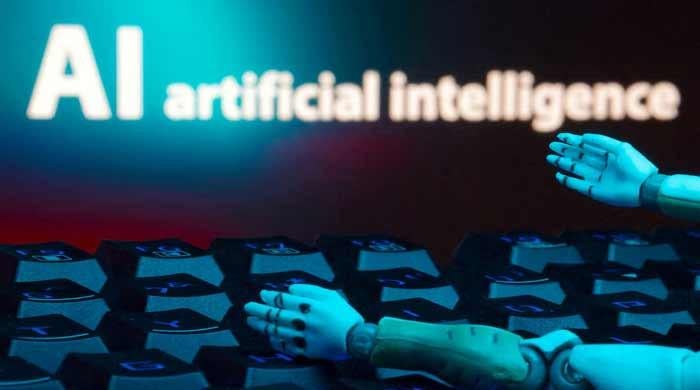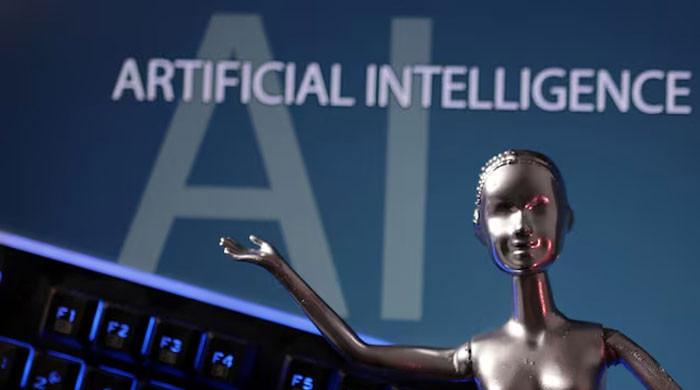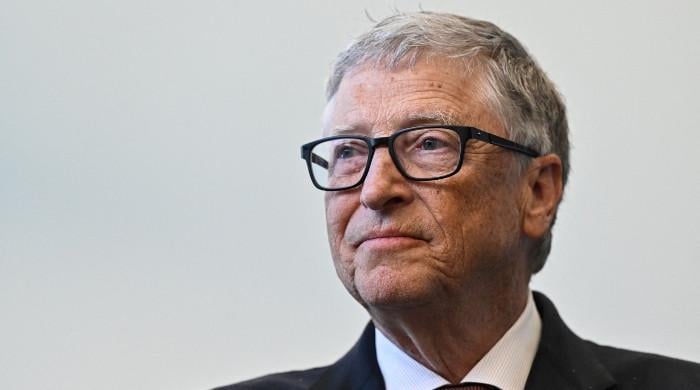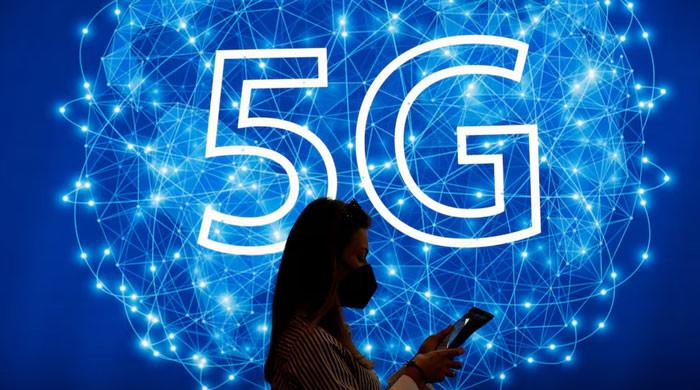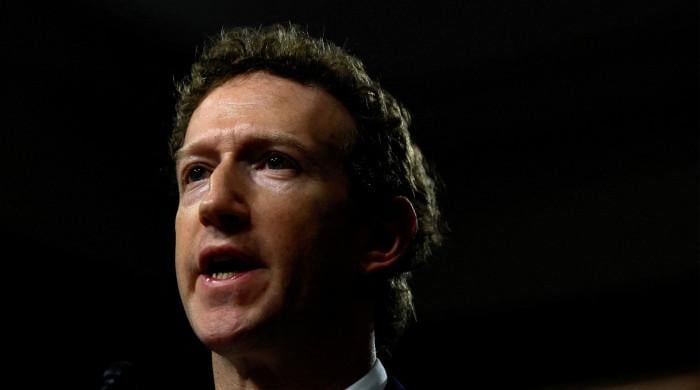UN warns schools of effects of excessive use of AI
Educators, students, researchers, and government control over the security and efficiency of technologies is crucial
September 07, 2023
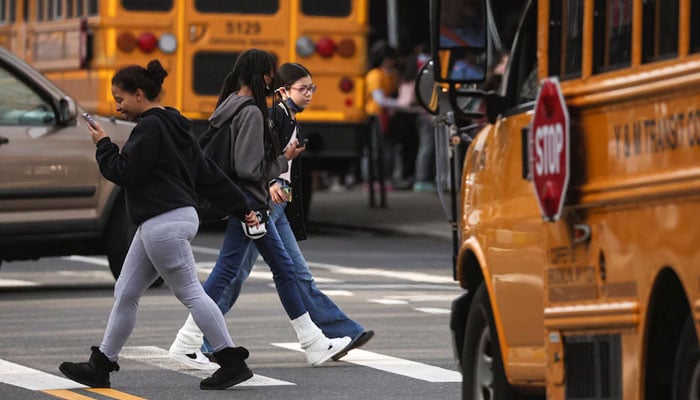
The UN, on Thursday, requested that educational institutions introduce and put into place stringent regulations for the use of artificial intelligence (AI) tools in the classroom, including a limitation on the usage of these tools by older students.
In recent guidelines, the UN body for education, UNESCO, forewarned states that public authorities were not equipped to tackle the ethical issues associated with deploying "generative" AI programmes in schools.
The Paris-based education group issued a warning that using these programmes in place of real teachers could damage a child's emotional well-being and make them more vulnerable to manipulation.
"Generative AI can be a tremendous opportunity for human development, but it can also cause harm and prejudice," said Audrey Azoulay of UNESCO. "It cannot be integrated into education without public engagement, and the necessary safeguards and regulations from governments."
The astonishing ability of ChatGPT, a generative AI system, to generate essays, poems, and dialogues from the smallest inputs garnered media attention in the latter part of last year.
Investors swarmed the revolutionary sector, and advocates concentrated on education as a potentially lucrative market, despite concerns voiced about plagiarism and cheating in schools and colleges.
According to the UNESCO recommendations, AI technologies have the ability to assist kids with special needs, serve as a rival in "Socratic dialogues," or serve as a research assistant.
However, the technologies would not be secure and efficient unless educators, students, and researchers contributed to their design and governments controlled their use, according to AFP.
The advice did not suggest a minimum age for students but did note that ChatGPT had a lower age limit of 13.
"Many commentators understand this threshold to be too young and have advocated for legislation to raise the age to 16," said the guidance.






